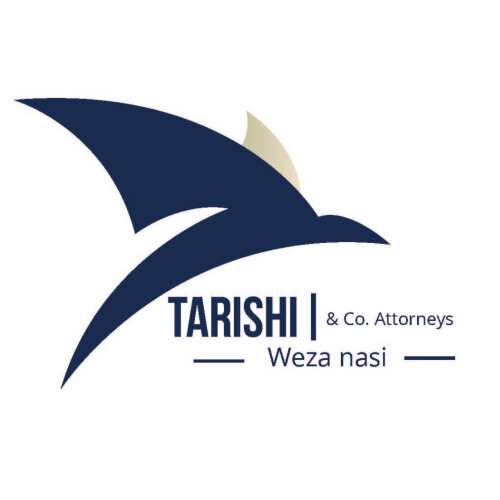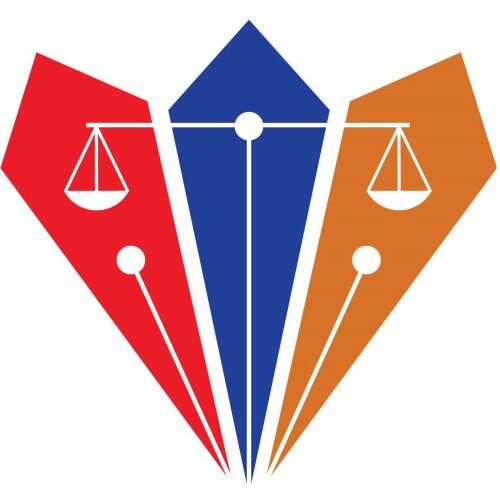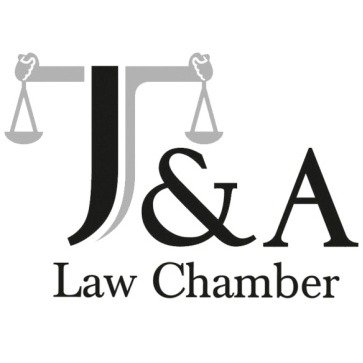Best Private Equity Lawyers in Dar es Salaam
Share your needs with us, get contacted by law firms.
Free. Takes 2 min.
List of the best lawyers in Dar es Salaam, Tanzania
About Private Equity Law in Dar es Salaam, Tanzania
Private Equity law in Dar es Salaam, Tanzania involves the legal framework and processes that guide investments in privately held companies. Private Equity refers to capital that is invested in businesses that are not listed on the public stock exchange. In Tanzania's financial hub of Dar es Salaam, private equity investment has been growing steadily, driven by domestic and international interest in sectors such as telecommunications, banking, agriculture, and infrastructure. The field is governed by a mixture of general corporate law, investment codes, securities regulations, and sector-specific rules. Modern Private Equity transactions in Tanzania often involve multiple legal and regulatory issues, including investment structuring, regulatory approvals, compliance, tax, and exit strategies for investors.
Why You May Need a Lawyer
Seeking the assistance of a lawyer in Private Equity matters is crucial due to the complexity and high-stakes nature of these transactions. Common situations where legal help is essential include:
- Structuring or negotiating investment agreements
- Conducting legal due diligence on prospective investment targets
- Reviewing and drafting shareholder agreements or joint venture agreements
- Addressing regulatory and compliance issues with Tanzanian authorities
- Navigating foreign investment restrictions and securing necessary permits
- Assisting with dispute resolution between investors and business partners
- Managing exit strategies, such as selling shares to third parties or listing on the stock market
- Providing guidance on tax implications and optimizing investment structures
Given the evolving investment climate and changing regulations in Tanzania, legal advice helps avoid costly mistakes, ensures compliance, and safeguards investments.
Local Laws Overview
Private Equity in Dar es Salaam operates under several key legal frameworks:
- Company Law: The Companies Act regulates the incorporation, management, and operation of companies in Tanzania. It sets out the requirements for shareholder rights, directorships, and statutory disclosures.
- Investment Regulations: The Tanzania Investment Act governs foreign and domestic investments, including procedures for obtaining Certificates of Incentives and guarantees for investment protection.
- Capital Markets and Securities: The Capital Markets and Securities Authority (CMSA) regulates the issue, trading, and offering of securities. Private Equity funds that seek to pool money from investors must comply with CMSA requirements.
- Taxation: The Income Tax Act and Value Added Tax Act impact how returns on Private Equity investments are taxed and the available incentives or exemptions.
- Foreign Exchange Control: The Foreign Exchange regulations influence the repatriation of dividends and capital by foreign investors.
- Sector-Specific Laws: Certain sectors, such as banking, insurance, and telecommunications, have specific rules on private investment and ownership.
Engaging in Private Equity in Dar es Salaam requires careful compliance with these local laws and regular updates, given ongoing legal reforms.
Frequently Asked Questions
What is Private Equity?
Private Equity refers to investments made in privately held companies that are not listed on the stock exchange. These investments can fuel business growth, restructuring, or expansion.
Do I need approval to invest in a Tanzanian company as a foreign investor?
Yes, foreign investors must comply with regulations under the Tanzania Investment Act and may need to obtain a Certificate of Incentives and secure sector-specific approvals, depending on the business.
Are there restrictions on foreign ownership in Tanzanian companies?
Some sectors impose restrictions on the extent of foreign ownership, especially in areas considered strategic to the national interest, such as mining, telecommunications, and insurance.
What legal documents are required for a Private Equity transaction?
Typical documents include term sheets, share purchase agreements, shareholders agreements, subscription agreements, and due diligence reports.
How is due diligence conducted in Tanzania?
Legal due diligence involves a thorough review of the target company's legal, financial, and regulatory compliance status, including verification of ownership, contracts, intellectual property, litigation, and tax matters.
What taxes apply to Private Equity earnings in Tanzania?
Private Equity earnings may be subject to corporate income tax, withholding tax on dividends, capital gains tax, and potentially value added tax, depending on the nature of the transaction.
How can I exit my Private Equity investment?
Common exit strategies include trade sales, share buybacks, initial public offerings (IPOs), or selling your stake to other investors. The chosen exit route should comply with Tanzanian legal and regulatory requirements.
How are disputes resolved in Private Equity transactions?
Disputes can be resolved through negotiation, mediation, arbitration (often under rules of the Tanzania Institute of Arbitrators), or litigation in Tanzanian courts, depending on the provisions agreed in the relevant contracts.
Are there any incentives for Private Equity investment in Tanzania?
The Tanzania Investment Act provides incentives such as tax holidays, import duty exemptions, and guarantees against nationalization for qualifying investments registered with the Tanzania Investment Centre.
Why hire a lawyer for Private Equity matters?
A lawyer ensures that your investment is legally compliant, minimizes risks, assists in complex negotiations, and provides critical advice on structuring, regulatory compliance, and dispute resolution.
Additional Resources
If you require more information or wish to engage with authoritative bodies, consider the following organizations:
- Tanzania Investment Centre (TIC): The primary agency for investment promotion, offering guidance and processing investment certificates.
- Capital Markets and Securities Authority (CMSA): The regulatory body overseeing capital markets, fund managers, and investment schemes.
- Business Registrations and Licensing Agency (BRELA): Responsible for company registration and business licensing.
- Tanzania Revenue Authority (TRA): Supervises tax registration and compliance for companies and investors.
- Law Society of Tanzania: A resource for finding licensed legal practitioners with expertise in private equity and investment law.
Next Steps
If you are contemplating a Private Equity investment in Dar es Salaam, Tanzania, consider the following steps:
- Consult a Tanzanian lawyer specializing in Private Equity and investment law to assess your goals and review the legal landscape
- Conduct initial research and due diligence on your target investment or business sector
- Prepare and review all required legal documentation with your lawyer to ensure compliance and protect your interests
- Engage with relevant authorities, such as TIC or CMSA, for necessary registrations or approvals
- Stay informed about regulatory changes and maintain ongoing compliance to avoid penalties or disputes
- Consider future exit options and legal strategies for maximum investment protection and return
Securing experienced legal advice early in the Private Equity process is essential to successfully navigating the complexities of investing in Dar es Salaam's dynamic business environment.
Lawzana helps you find the best lawyers and law firms in Dar es Salaam through a curated and pre-screened list of qualified legal professionals. Our platform offers rankings and detailed profiles of attorneys and law firms, allowing you to compare based on practice areas, including Private Equity, experience, and client feedback.
Each profile includes a description of the firm's areas of practice, client reviews, team members and partners, year of establishment, spoken languages, office locations, contact information, social media presence, and any published articles or resources. Most firms on our platform speak English and are experienced in both local and international legal matters.
Get a quote from top-rated law firms in Dar es Salaam, Tanzania — quickly, securely, and without unnecessary hassle.
Disclaimer:
The information provided on this page is for general informational purposes only and does not constitute legal advice. While we strive to ensure the accuracy and relevance of the content, legal information may change over time, and interpretations of the law can vary. You should always consult with a qualified legal professional for advice specific to your situation.
We disclaim all liability for actions taken or not taken based on the content of this page. If you believe any information is incorrect or outdated, please contact us, and we will review and update it where appropriate.

















